Summer 2020 internships were different, but valuable
Student interns refined their digital and virtual communication skills at summer internships
Shelby Bratcher |
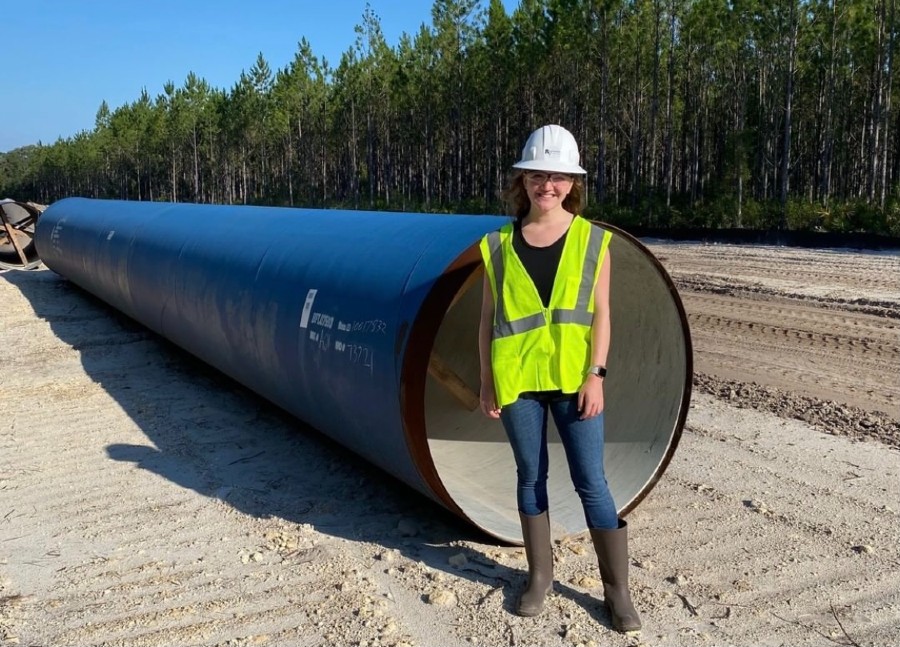
This past summer Erika Plunkett worked at Reynolds Construction, a heavy civil construction company.
When the COVID-19 pandemic descended on the nation this past spring, not only did the nation’s unemployment level soar, but many students found their internship opportunities drying up.
Despite these challenges, many students in the College of Engineering were able to continue learning in the summer of 2020. Many found that navigating COVID protocols and working remotely taught them new disciplines and sharpened their digital communication abilities which will benefit them considerably in the future.
David Pauls, Erika Plunkett, Trent Nichols, Chase Weimer, and Paul Kurtz are among the students who were able to find and retain internships amidst a time of great uncertainty.
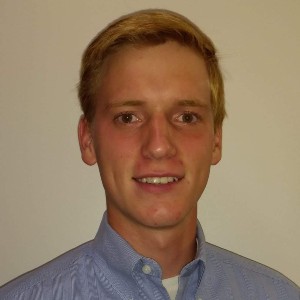
David Pauls
David Pauls is a junior electrical and computer engineering major who maintained an internship at JACOBS Technology as a controls engineering intern. JACOBS is a design-build engineering firm that supplies the commercial industry, military and other government agencies the systems and facilities needed for creation development and testing. Since Pauls was doing work on a test facility for the military, his work was deemed essential for the defense of the country.
The way JACOBS accomplished its work might have changed,but Pauls’ workload did not. Pauls worked diligently to design the network and communications systems for the military facility and he gained a variety of different experiences through his time at JACOBS.
“I learned a lot about working with government agencies, communication systems and networks. My exposure to project management this summer will be very useful as I move into an engineering career,” said Pauls.
Many of his co-workers had to continue their work remotely, and even though he was allowed in the office, the majority of his meetings were carried out in a virtual format.
“From what I saw at JACOBS, the biggest difference going forward (in the workplace), will be the ability to include people in meetings and discussions who may be remotely located or may live in a different country,” he said.
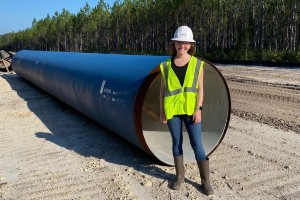
Erika Plunkett
Erika Plunkett is a junior mechanical engineering student from Nashville. This past summer, Plunkett worked at Reynolds Construction, a heavy civil construction company that specializes in pipelines, water treatment, sewer systems and marine construction.
Plunkett explained that through this internship, during COVID, she experienced a much more “independent work environment.” As a project engineering intern, Plunkett had the opportunity to work on a pipeline project in Florida as well as working at a local wastewater plant in Nashville. There, she assisted with the documentation of project progress and finances at the job sites.
For a short while, Plunkett was quarantined and had to carry out the remainder of her internship remotely. “I personally did not enjoy the virtual work environment. I would much rather be around the people that I am working with to build a mentorship relationship with them and learn from their experience. This is much harder to do through a screen in a virtual format,” said Plunkett.
However, through these difficulties, she noted that she learned how to efficiently accomplish her tasks, even when supervisors could not offer immediate feedback.
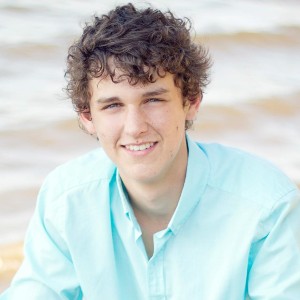
Trent Nichols
ICI Scientific, in Union City, Tennessee, designs and manufactures lab cabinets and fume hoods. Over the summer, ICI assigned Trent Nichols from Paris, Tennessee, to travel to installation sites to repair or replace cabinets. Nichols also did time studies to assess the plant’s processes and worked to resolve issues to make these processes more efficient.
The geographic area that Nichols was working in was not quite as affected by COVID during the summer, however, when asked how COVID will shape the future in the workplace, Nichols shared: “I think it really will change the way business is conducted. The office is free of distractions, but being equally efficient at completing work at home is going to be a sought-after skill in the very near future.”
“I think the work that an internship entails is much more important (to a student) than if it is partially online or in person,” said Nichols. Nichols is a current junior studying Mechanical Engineering and Applied Math.

Chase Weimer
Chase Weimer is a senior electrical/computer engineering and applied mathematics from Thompsons Station, Tennessee. Over the summer, Weimer worked as an embedded systems engineer at Dynetics in Huntsville, Alabama. Dynetics, a defense contracting firm that works with the U.S. government, had a COVID protocol that still allowed Wiemer to work in and out of the office.
“I found remote work to be really nice because there were fewer distractions. I was lucky enough to be able to be in the office for the first week and a half of my internship which helped me get my footing,” said Weimer
His role at Dynetics included writing low-level software and firmware for small, special purpose computer systems. In the past, Weimer worked two internships for Nissan doing information systems and field quality investigations.
“My internship with Dynetics was a really good fit for me, and I meshed with the culture there really well. Despite the effects of the pandemic, I still consider my Dynetics internship my favorite. At the end of the summer, I knew that I had contributed something valuable to the company, and I knew that my work would have a lasting impact when put into production.”
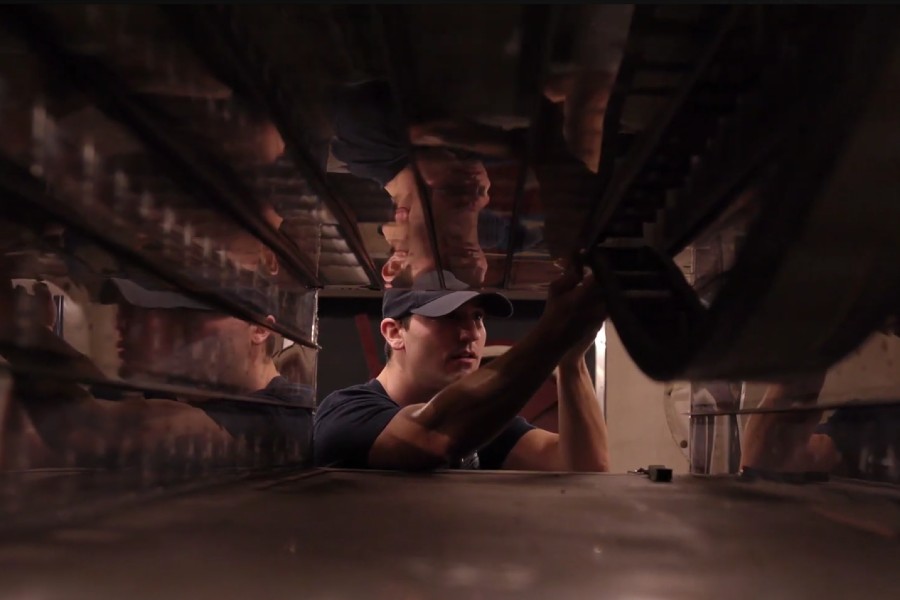
PAUL KURTZ, A STUDENT WHO INTERNED AT NATIONAL AEROSPACE SOLUTIONS THIS SUMMER, IS HERE WORKING ON LIPSCOMB'S NEW WIND TUNNEL.
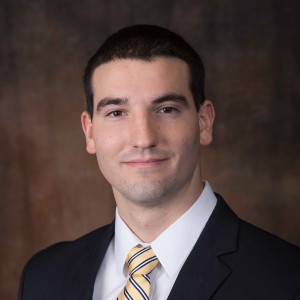
Paul Kurtz
Paul Kurtz interned at National Aerospace Solutions, a government contractor that operates and maintains the test facilities at the Arnold Engineering Development Complex (AEDC). Kurtz, a senior electrical/computer engineering and applied mathematics dual major worked as an intern controls engineer. Despite a late starting date, Kurtz was able to carry out his internship experience as previously planned.
Although he did not work remotely, Kurtz learned a variety of new skills to navigate this changing time. “While unnatural, operating in the workplace during this pandemic has allowed me to develop my technical communication skills such as conducting presentations via Zoom and attending training seminars over Microsoft Teams. I was also exposed to various communication protocols and programming languages that are used in the industry,” said Kurtz.
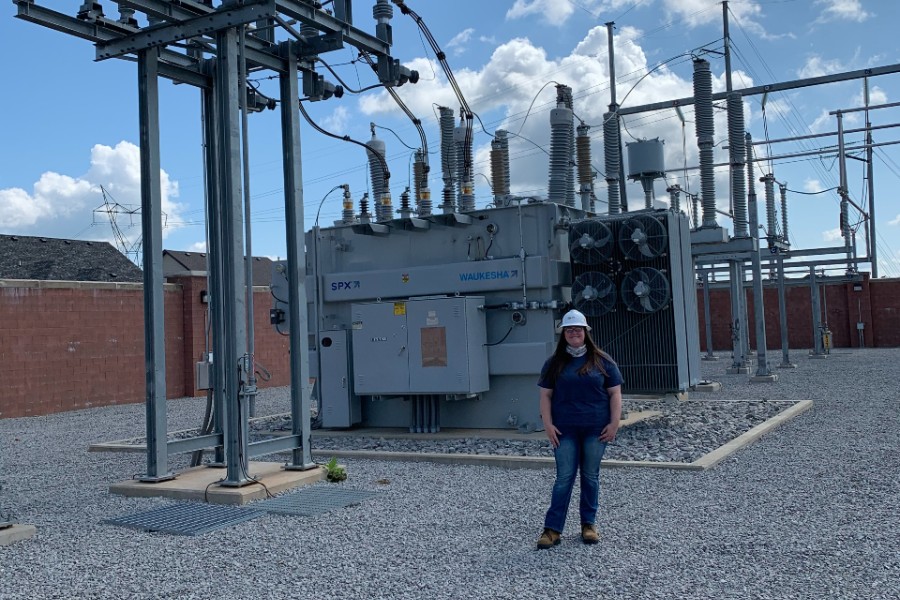
Ellie Holhan is another student who had an internship this summer with CDE Lightband in Clarksville, Tennessee.